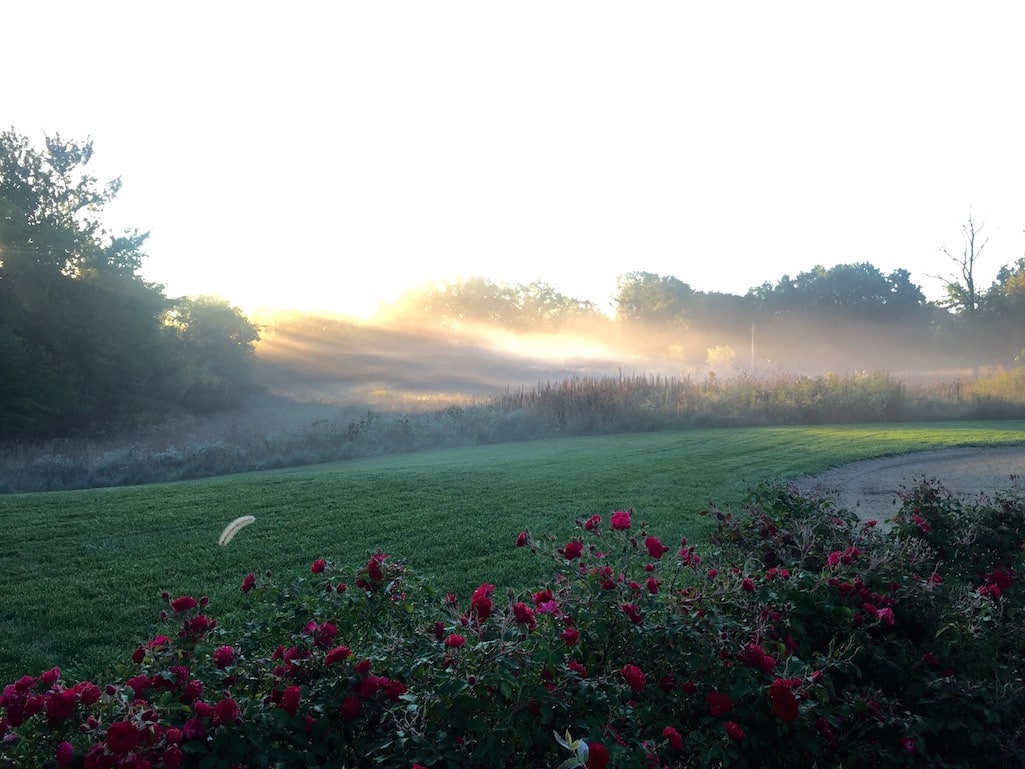There’s a pattern to these roads. Not the roads down here, but the roads over there. The roads that lead to the places where people need to be. The road from this town to that town. The road itself, the two track, lines optional. There is no shoulder here, and what was left has been washed out routinely over the past months. The farmers rake and sweep to make the shoulder whole again, but it’s of no use. The shoulder is gone. They only do the work because farmers follow forecasts and habits, little else. But the road wanders and it weaves and soon enough it delivers its cargo from the first town to the second town. There are houses here, the houses in-between. Belonging to neither town, to no particular group. The in-towners have their football team with the shiny helmets and their washed cars. The out of towners, if there could be such a group, drive dusty-road trucks that are only washed on a clear sky Sunday.
There has always been a jealous pitch in this relationship between these two. The in-towners with their delivered water and their tidy sewer, with their beach passes and their curbs. Their gutters. Sidewalks, aplenty. There are bike lanes and parks and places to walk. The out-of-towners deride the in-towners for their easy way of living, for the convenience of it all, calling them soft or pampered, or worse. The children walk to school in sandals. Others ride bikes, weaving across the lanes of slow city traffic, without care or obstacle. Weaving like that in the country would get you killed. The out-towners drive to town to pick up their milk and their eggs, their bread. Oh the irony of those who produce the goods driving into town to pay the city tax when they buy back the items that were born from their part of their non-town.
But the in-towners, intent on raising their own chickens and owning their own bees, they’re equally envious. Hicks, they’d call the others, hayseeds, sure. They are. But they can have a chicken or twenty and as many hives as they wish without first checking to see if the local ordinance will allow it. The building inspector would tell you that there are too many illegal hives in town, while his inbox overflows with anonymous emails containing links to stories that claim the honey bees are nearly extinct. That freedom is enticing, but not so enticing that the in-towners would give up their short walk to the corner store and those red beach tags, sewn onto the suits of the bike-riding, shiny helmet wearing town children. The uneasy tension between the two groups is easy enough to feel but easier to ignore.
The bigger issue now is that the bees from the town hives have made their way to the flowers on the outskirts of town, which has led to claims from the out-of-towners that the in-towner’s honey is just as the eggs and wheat and cannot be really and truly their own.

